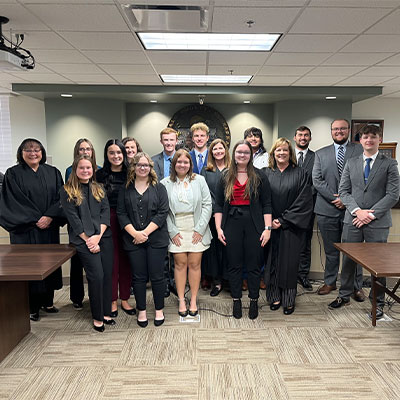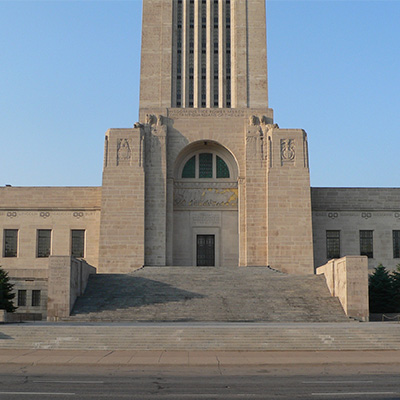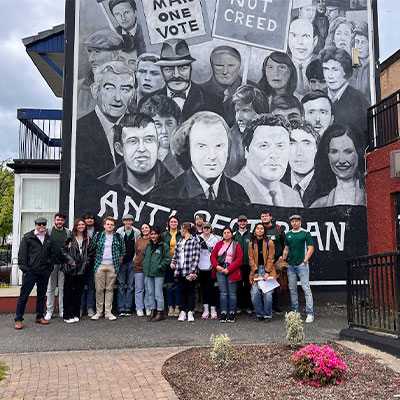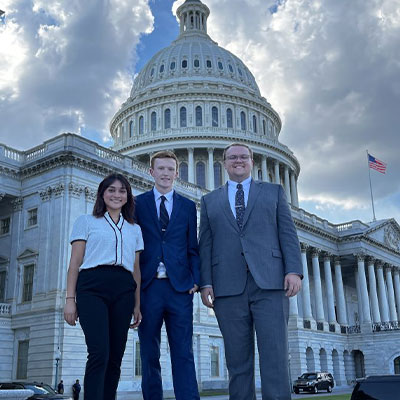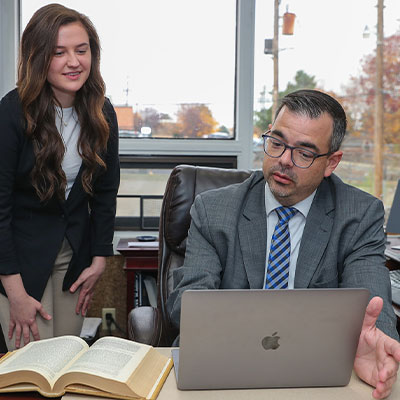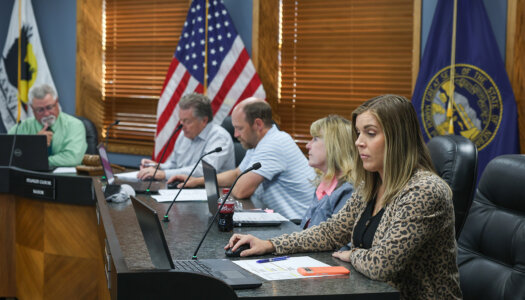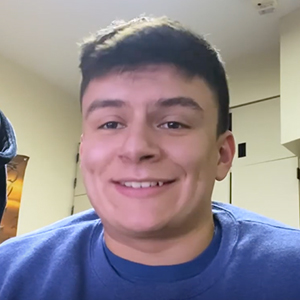Engage with the World
Political Science is the study of politics at the local, state, national and international levels. We strive to help our students better understand their community and the world around them, as well as provide them with opportunities and experiences that will empower them to become more active, informed and engaged citizens. Within our department, we prioritize three key areas: community, experiential learning and scholarship.
Community. We offer an inclusive, welcoming environment in which our students are encouraged to socialize with each other, learn together and support one another, both inside and outside our department because we know that this will likely lead students to become better citizens within their communities.
Experiential Learning. We recognize the importance and value of learning outside the classroom. These opportunities not only enhance and reinforce what students have learned in the classroom, but they also provide students with practical experience, networking opportunities and greater clarity about what they might want to do upon graduation.
Scholarship. We offer seminar-style courses (15-20 students per class) that allow for discussion-based learning as well as extensive one-on-one interactions between students and faculty. Our focus is on helping our students better develop their reading, writing and critical thinking skills, which will lead to more career opportunities and a greater chance for success following graduation.
Beyond the Classroom
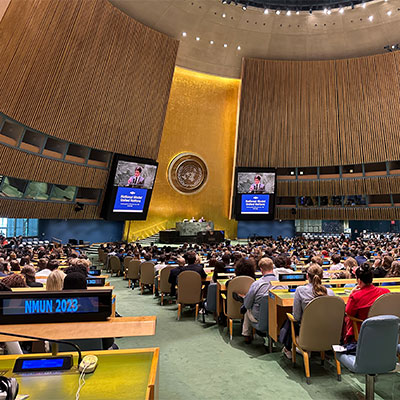
Model United Nations
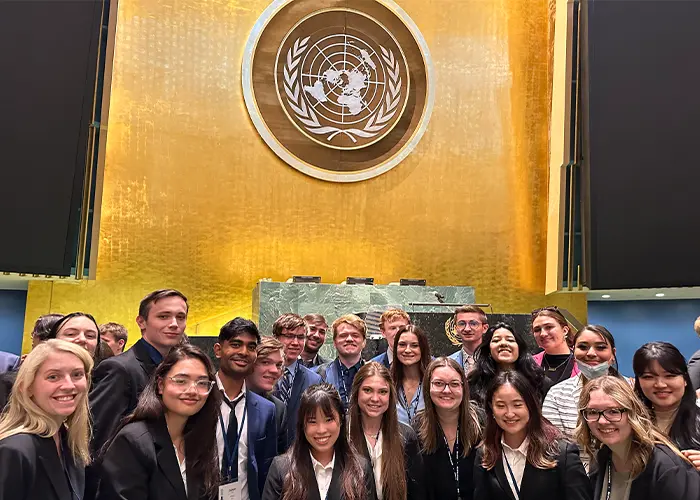
Model United Nations
Model UN allows UNK students the opportunity to learn by doing while traveling and meeting students from colleges and universities all over the world. Members participate in annual, international conferences that simulate the politics and processes of the United Nations, allowing them to explore international problem-solving through a framework of global citizenship.
Learning through experiences outside the classroom is a core part of the Political Science program at UNK, and Model UN allows students to see how the practices they learn about in their coursework play out in a simulated setting. The program also allows students to develop their reading, writing, speaking, and critical thinking skills, all while engaging in a culturally and intellectually enriching experience.
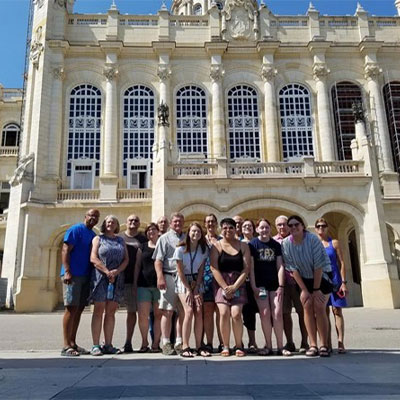
Field Study Courses
Experiential Learning Opportunities
International Field Study Courses
Faculty within the UNK Political Science Department routinely offer courses that take students to individual countries. These countries have included: Cuba, Colombia, Japan, Mexico and Venezuela. As part of the course, students travel to the country to meet with experts, activists and policymakers and learn about their history, culture and politics.
Washington D.C. Field Study Course
Every other year, students will participate in a Summer field study course that examines the policymaking process in Washington DC. Students will travel to DC to meet with policymakers and experts to discuss a particular area of public policy.
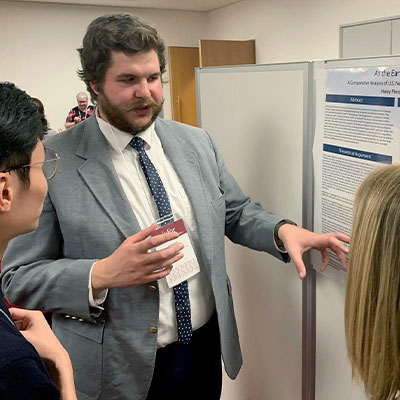
Undergraduate Research
Undergraduate Research Program
Most of our students engage at some point in undergraduate research during their time at UNK. This involves one-on-one faculty-student mentoring on an independent research project chosen by the student. Students receive a significant stipend for doing this work, either through the Undergraduate Research Fellows (URF) program or the Summer Student Research Program (SSRP). Many of our students have presented their work at professional conferences (in Chicago, St. Louis, San Diego, Portland and Tokyo, to name a few) and have published their work in professional journals.


